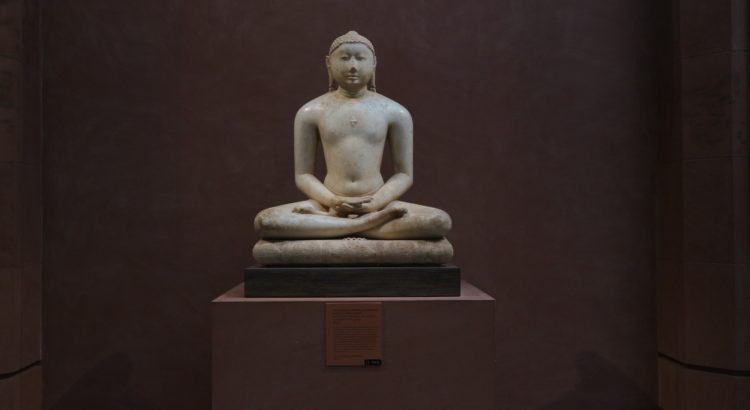Alan Watts is a British philosopher who made the Eastern philosophy popular for Western audiences. He introduces the concept and makes it easier for us to understand it, whilst drawing parallels and examples so we can better relate to Eastern philosophy such as Buddhism. In an excerpt about happiness being in relation to misery, he says:
“Without exception, everything that we attain or create, even the memorials that survive our death, must perish without trace, and that our quest for permanence is pure futility. Because furthermore, happiness exists only in relation to misery, pleasure in relation to pain, the perceptive man does not try to separate them. The relation is so inseparable, that in some sense, happiness is misery and pleasure is -because it implies it- pain. Realizing this, he learns to abandon all desire for any happiness separate from misery, or pleasure apart from pain.” -Alan Watts
An important note to takeaway from this excerpt is that it isn’t wrong to desire happiness. It would just simply be a mistake to yearn for it while forgetting that misery comes as its pair. After all, how are we to recognize that happiness is indeed feels joyful had we not have a comparison? To yearn for pleasure also implies that we too, want the pain along with it. Perhaps we’ve done well to forget that.
I suppose instead we could try feeling at peace, no matter if the tides are calm or unforgiving. To enjoy when the sun shines on us one day, and to quietly let our minds reflect when drab skies arrive on another.
Alan Watts makes another claim:
“But there is no Way. Nobody knows the Way. The only way that there is the path of the bird through the sky – now you see it, now you don’t. Not a trace left. Life is not going anywhere; there is nothing to be attained. All striving and grasping is so much smoke in the clutch of the dissolving hand. We are all lost – kicked off into the void the moment we were born – and the only way is to fall into oblivion.”
After making this bold claim, Alan Watts goes on to say:
“What happens now? You find yourself in what is perhaps a rather unfamiliar state of mind. Just watching. Not trying to get anything. Not expecting. Not hoping. Not seeking. Not trying to relax. Just watching without purpose.”
Watts later describes that just as “the watched pot never boils” and that we must allow for things to happen. According to him, things that are induced to happen simply wouldn’t be it.
So what really should we do? Read the book, know that it isn’t the solution and think. Find our own answers. Accept that we might not agree always agree with him but he’s certainly has a point.
And live.
(Statue of Buddha: taken from The Metropolitan Musuem of Art, Image credits: Google Images)



Leave a Reply
1 Comment on "Lessons from Alan Watts"
Thank you alan